Short Stories
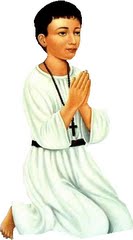 On the 24th of Abib, St. Abanoub was martyred. He was born in the city of Nehisa (District of Talkha). His parents were pure and merciful and they reared him in the fear of God. When he was martyred by the Roman rule, Diocletian, who incited the persecution against the Christian, St. Abanoub was twelve years old, and he desired to shed his blood for the Name of Christ. On July 31 our Church celebrates his death, as the day of his birth into eternal life. Abanoub's relics, as well as the relics of many Christians who died with him, are still preserved in St. Virgin Mary and St. Abanoub church in Samanoud.
On the 24th of Abib, St. Abanoub was martyred. He was born in the city of Nehisa (District of Talkha). His parents were pure and merciful and they reared him in the fear of God. When he was martyred by the Roman rule, Diocletian, who incited the persecution against the Christian, St. Abanoub was twelve years old, and he desired to shed his blood for the Name of Christ. On July 31 our Church celebrates his death, as the day of his birth into eternal life. Abanoub's relics, as well as the relics of many Christians who died with him, are still preserved in St. Virgin Mary and St. Abanoub church in Samanoud.
It is also said that the Holy Family visited that place during their Flight into Egypt. The church still contains the well from which The Lord Jesus, St. Mary, and St. Joseph drank. Numerous apparitions and miracles do occur in that church until this very day. Abanoub was born in a town called Nehisa in the Nile Delta. He was the only son of good Christian parents who died when he was a young child. At age twelve Abanoub entered the church to hear the priest asking the congregation to remain faithful during the persecutions provoked by Diocletian, the Roman emperor.
On this day, the great St. Macarius, the son of Basilidis the Chancellor, was martyred. When the messengers reviewed the order of Emperor Diocletian, which dictates the worship of idols, with Macarius, he did not heed them. When the Emperor knew that, he sent Macarius to the governor of Alexandria. He bid farewell to his mother, and asked her to care for the poor and the needy, then he went with the envoy. The Lord Christ appeared to him in a vision, encouraged him, and told him what would happen to him. When he arrived to the city of Alexandria, he stood before Armanius the governor, who deceitfully treated him well because he knew that he was the son of Basilidis the Chancellor.
Abba Macarius Teahes Abba Evagrius to Call upon the Name of Christ
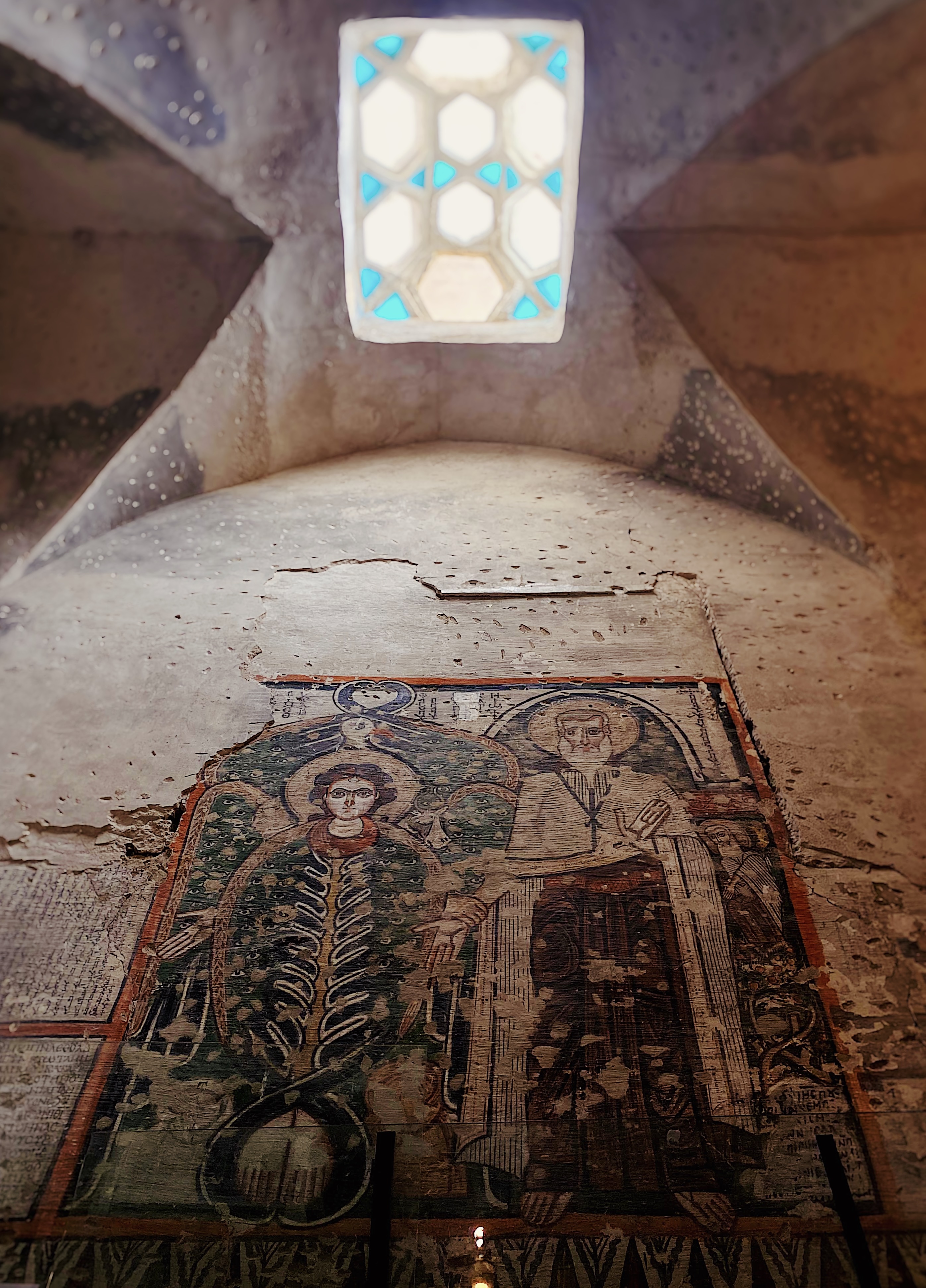
The Blessed Feast of Abba Macarius the Great - Paremhot 27, April 5
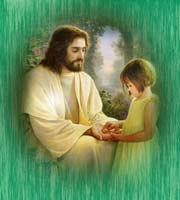 Fr. Bishoy Kamel1 visited a sick person who was complaining from pain in his back. Abouna Pishoy started to give him words of solace, but the man answered, "I'm not asking God to take away my illness. I only ask Him to give me the strength to stand up for prayer and take from me the severe headache that hinders me from praying 'Our Father.' As long as the headache was there, I couldn't concentrate on one word."
Fr. Bishoy Kamel1 visited a sick person who was complaining from pain in his back. Abouna Pishoy started to give him words of solace, but the man answered, "I'm not asking God to take away my illness. I only ask Him to give me the strength to stand up for prayer and take from me the severe headache that hinders me from praying 'Our Father.' As long as the headache was there, I couldn't concentrate on one word."
Abouna Pishoy replied, "Don't be upset if you are not able to attend church or stand up for prayer, or even say 'Our Father,' because you participate in Jesus' suffering. Give thanks for this participation. For Jesus also suffered back pain under the heavy burden of the cross."
Some days later, when this sick man came to
On the 11th day of Tout, St. Basilides (Wasilides) who was a minister and counsellor for the Roman Empire, was martyred. He had many slaves and servants. Emperor Numerianus was the ruler, who was married to Basilides' sister, Patricia, and had a son called Yustus. Patricia was also the mother of Theodore El-Mishreke. Basilides had two sons: Awsabyos (Eusebyus) and Macarius.
When the Persians waged war against Rome, Emperor Numerianus sent to them his son Yustus and Awsabyos, Basilides' son. Then he went to fight another enemy and was killed in that war. His kingdom was thus left vacant without a ruler.
The people chose from among the soldiers a man called Agrippita, who was a shepherd, and they set him over the royal horses, stable. He was a mighty man in action, bold in his dealings. One of the emperor's daughters looked at him and took him as her husband. She made him emperor and called him, "Diocletian." Shortly after, he forsook the Lord God of Heaven and worshipped idols. When Wasilides heard this, he was sorrowful, and he did not return to the service of the new Emperor.



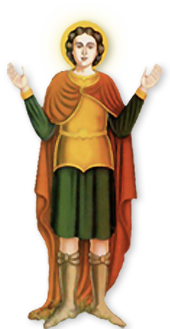





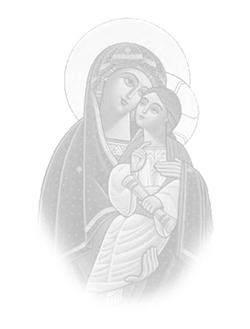



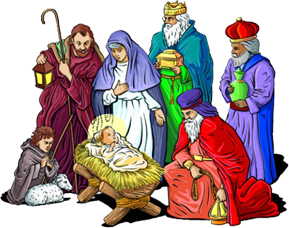

 Subscribe to RSS Feed
Subscribe to RSS Feed